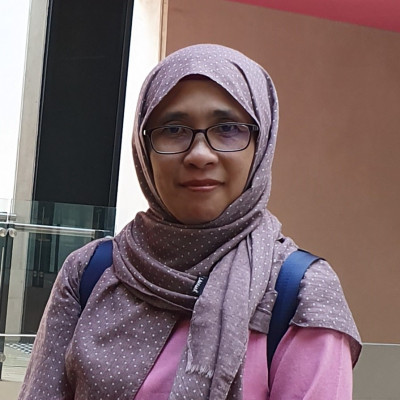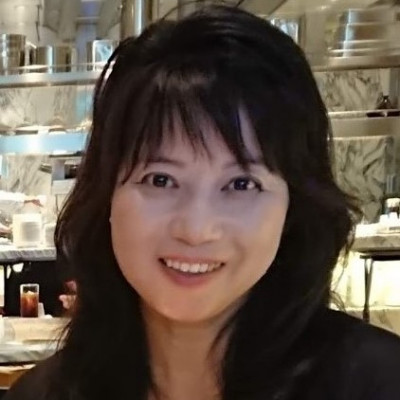Sessions / Research Methodologies & Approaches
Poetic Transcription in Narrative Data Analysis: A Study of EFL Teachers in Indonesia #2690
Graduate Student Showcase
One of the art-based research practices which can be adopted for qualitative research is poetic inquiry. A number of qualitative researchers have found poetic inquiry a beneficial method to illuminate aspects of the human condition and experiences. In this presentation, I will share how I adopted poetic inquiry in my current doctoral research which explored the lived experiences of EFL teachers in Indonesia as they entered their early career. I will demonstrate how I created poems from the narrative data/interview transcripts. One of the emerging themes was the struggles of the EFL teachers as they transitioned into online teaching. Through poetic transcription, the voices and emotional dimensions of participants‚ experiences could be strongly represented. I suggest that poetic transcription strategy be adopted by researchers who wish to look at their data from a new perspective.
An Introduction to the Usage of Hermeneutics in Cross-cultural Research #2947
Recognised as the theory and practice of interpretation, hermeneutics represents a methodology and philosophical framework paying particular attention to the socio-cultural, linguistic, and historical contexts shaping human experience. Contrary to positivistic interpretations of reality, hermeneutics honours the role of personal history during the negotiation of culture, presenting a versatile research methodology that recognises one’s pre-held beliefs as an inescapable feature of learning. In doing so, hermeneutics seeks not to overcome or eliminate subjectivity but to appreciate the consequences of its limits. Calling on Gadamer, this presentation intends to communicate the value and limitations of this approach, specifically to front-line, cross-cultural research. In discussing the applications of hermeneutics, principles such as effective history, prejudice, provocation, and fusion of horizons, scaffold practical tips, including the role of the post-positivist researcher, ethical and quality control measures, interview procedures, transcription, and the interpretation and analysis of data.
Beyond Words: Using Photo Voice for Community Engagement and Language Development #2753
Photo Voice is a qualitative research method for community-based participatory research to document and reflect reality. It was first used in rural China to learn about the lives of women farm workers (Wang and Burris, 1997).The women used their photographs to make an impact on the region’s policies. Since then, it has been used around the world as a vehicle for social change. In most cases, Photo Voice is used as a type of action research with participants as an integral part of the research process, using pictures they take to develop new ideas and solutions to challenges. Participatory photography through photo voice creates a space for discussion and action on issues of student engagement, school reform, and social services. (Examples can be found at https://photovoice.org/projects/) Drawing from this relatively new field, a group of teacher leaders in Cambodia decided to apply the Photo Voice technique as a way to understand the community and develop language and communication skills in English and Khmer. This Pecha Kucha will introduce Photo Voice, showcase student projects, and discuss how this type of participatory research led to understanding stakeholders’ needs and assets all while building the language skills of participant researchers and students.
Autoethnographic Exploration as “a Missionary of L2 Pragmatics” #2899
Although pragmatics constitutes a dynamic portion of communicative practice in our life, it is less likely to be addressed in the classroom. In order to promote possible approaches to L2 pragmatics, the presenter strives to connect language teaching to lived experiences and investigates multidimensional elements through the method of autoethnography. In this qualitative approach which utilizes self-reflection and the connectivity between self and others, the presenter analyzed data from her own teaching journal entries as well as interviews with members of communities of practice to which she belongs so that she could address sociocultural challenges and complexities in a personally engaging style. The results suggest that autoethnography can facilitate meaningful exploration of L2 pragmatics, optimizing constructive subjectivity and open vulnerability that can be embraced in the innovative approach, which ultimately demonstrates the significance of theoretical and methodological integration to spread “the Good News” among a wider range of readers/audiences.



